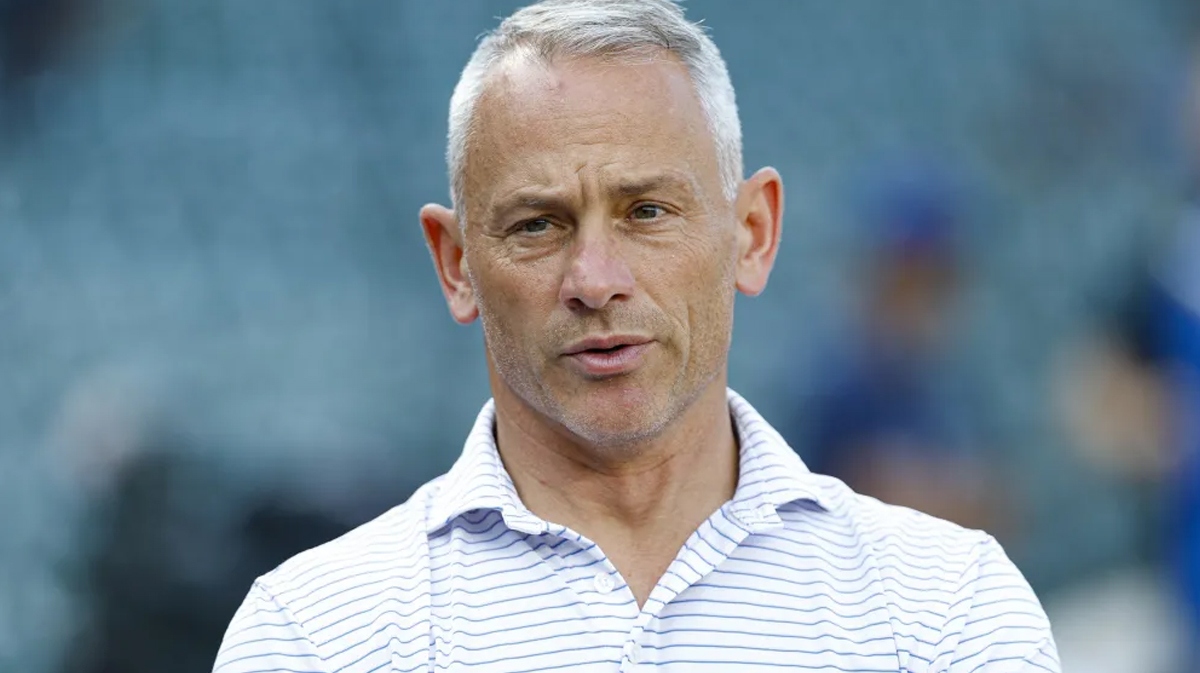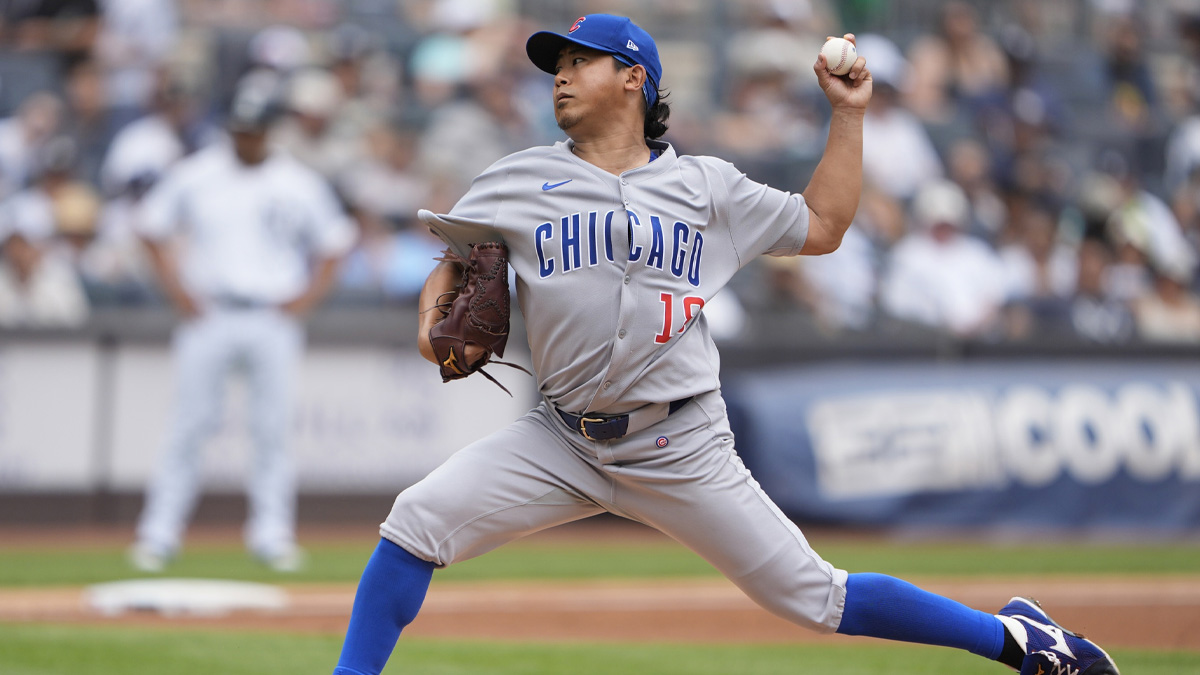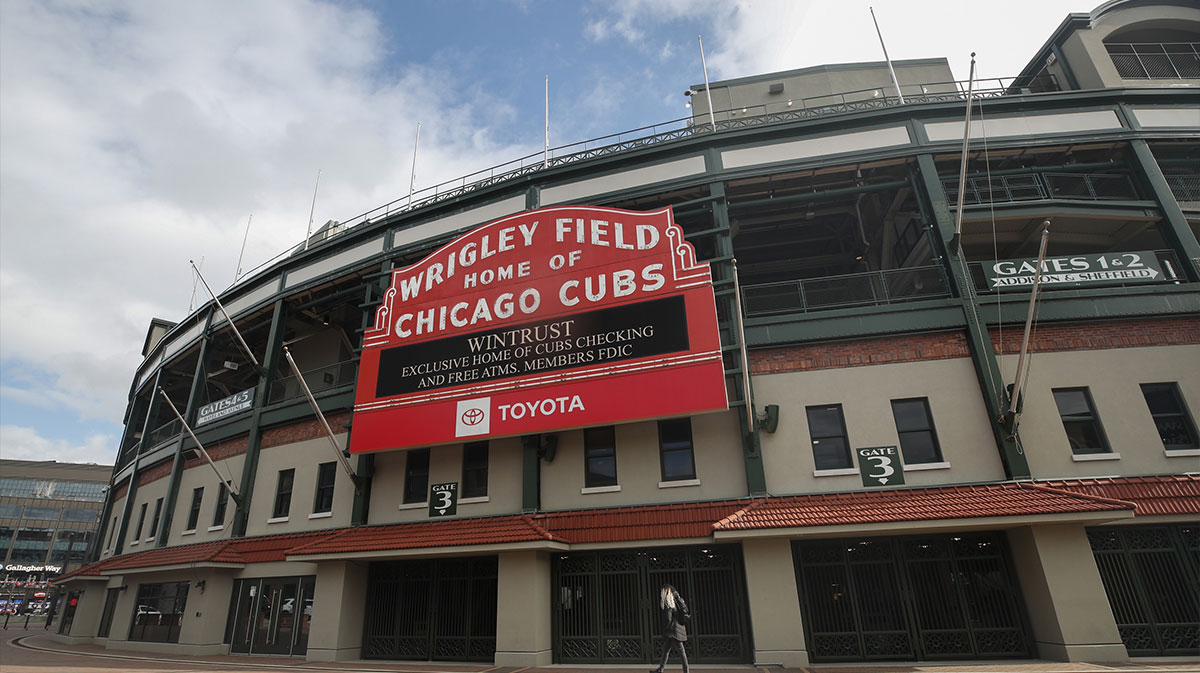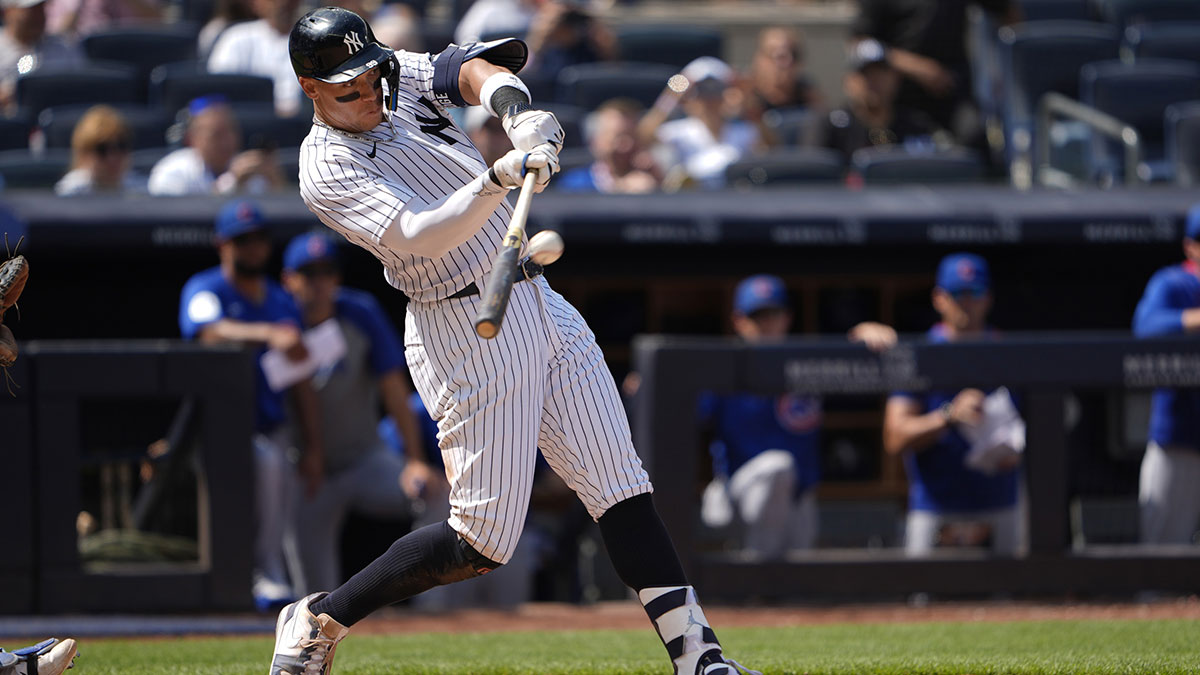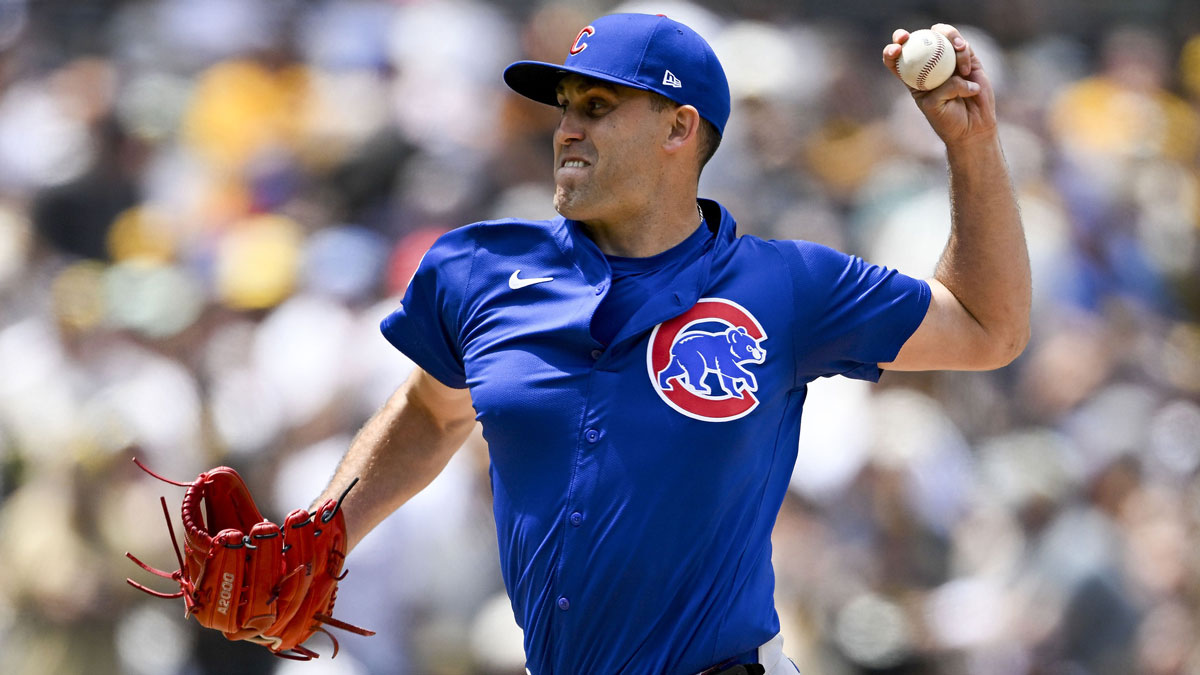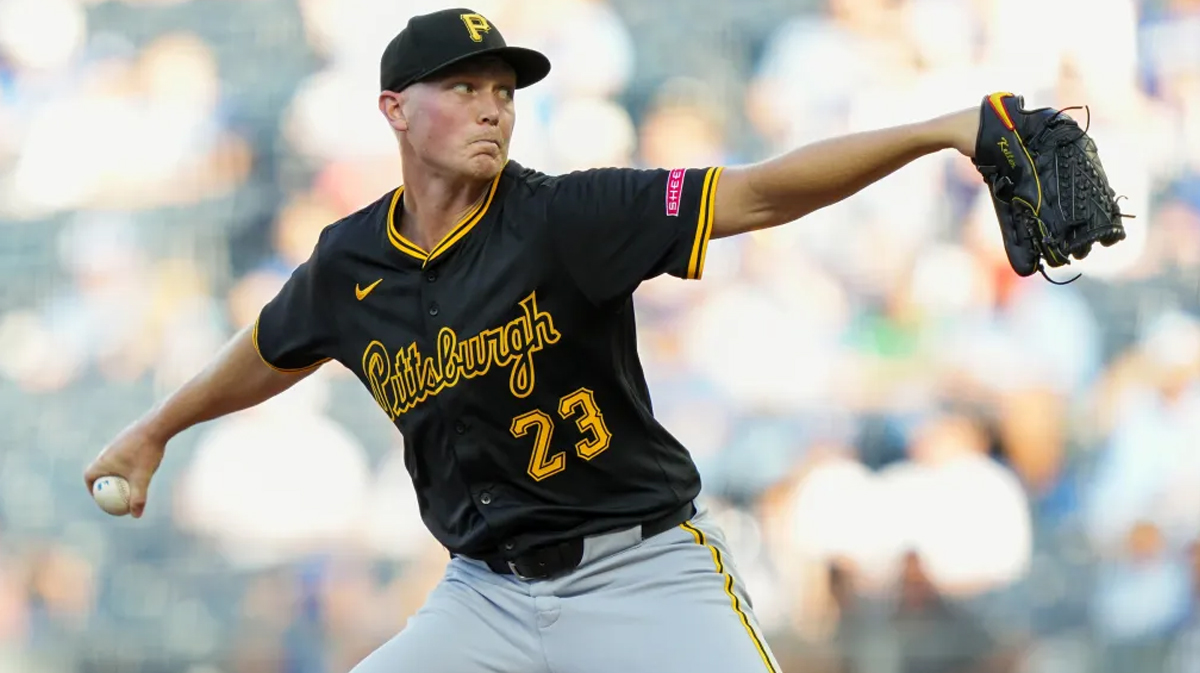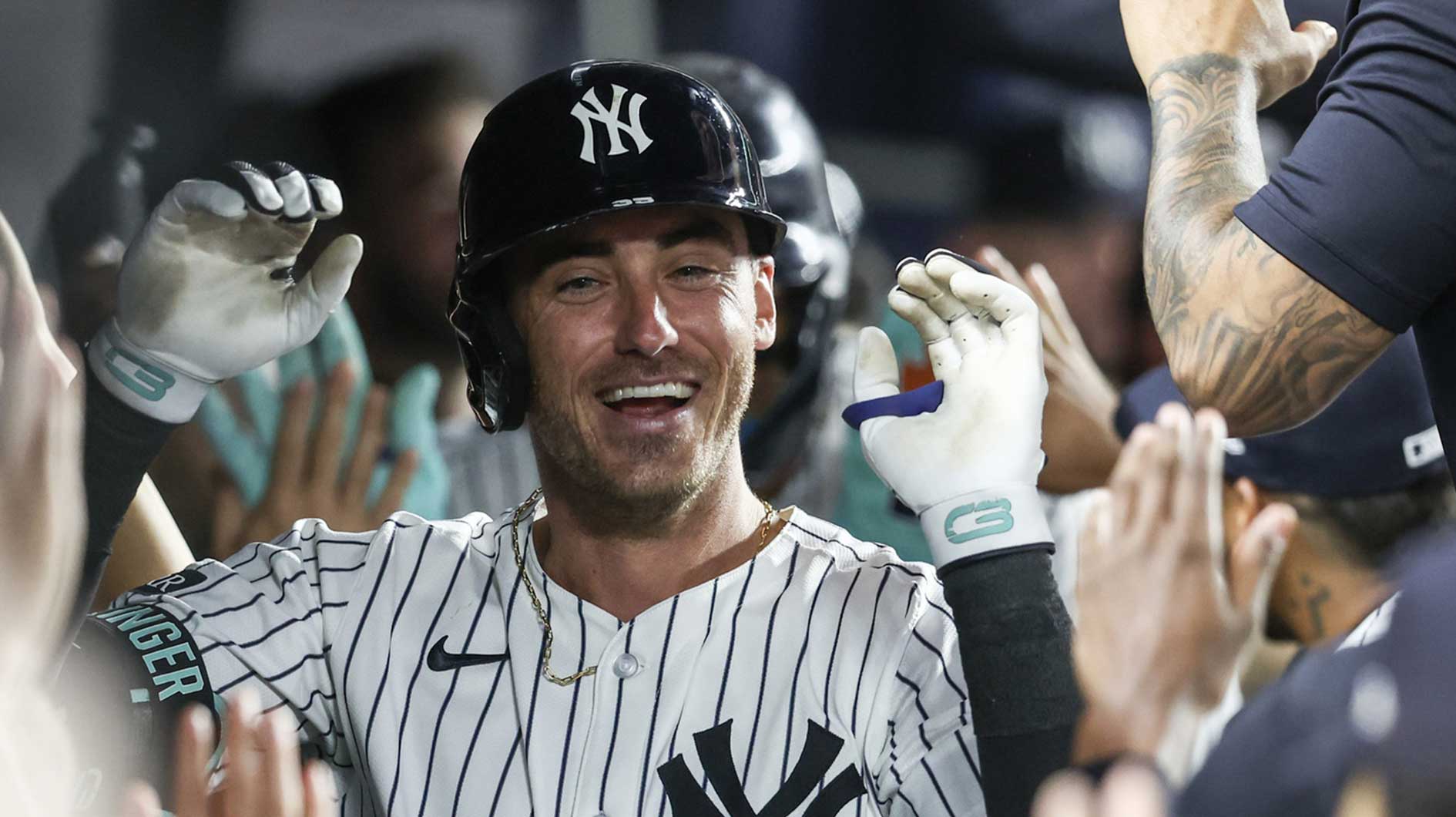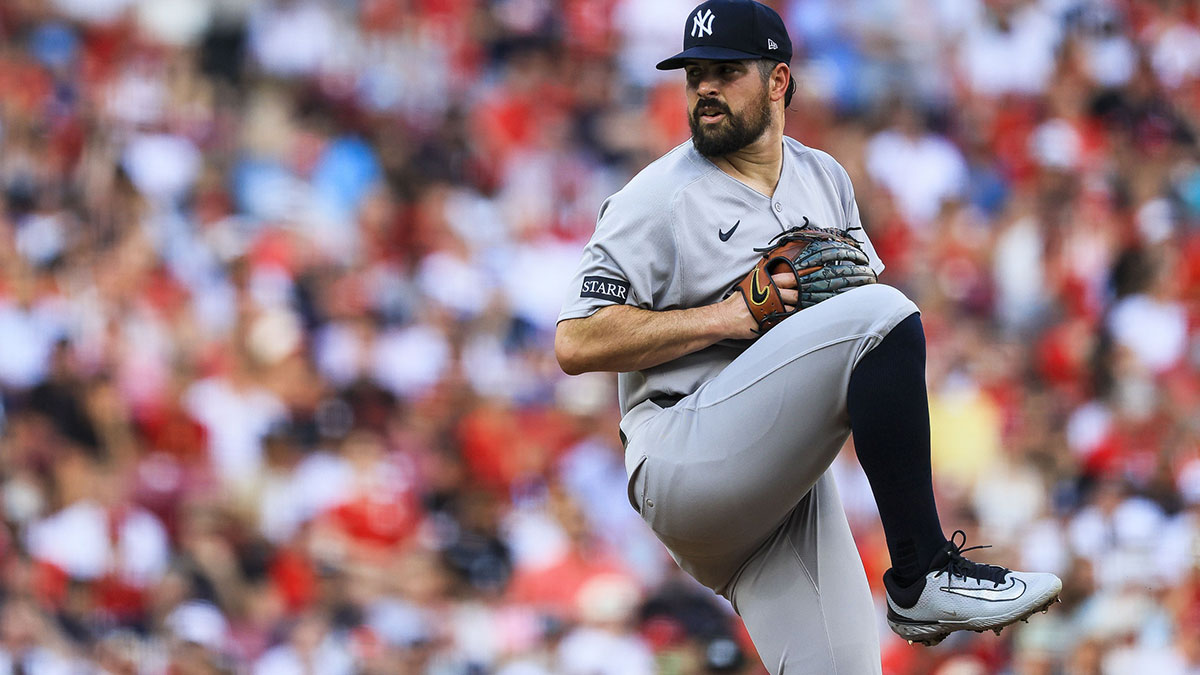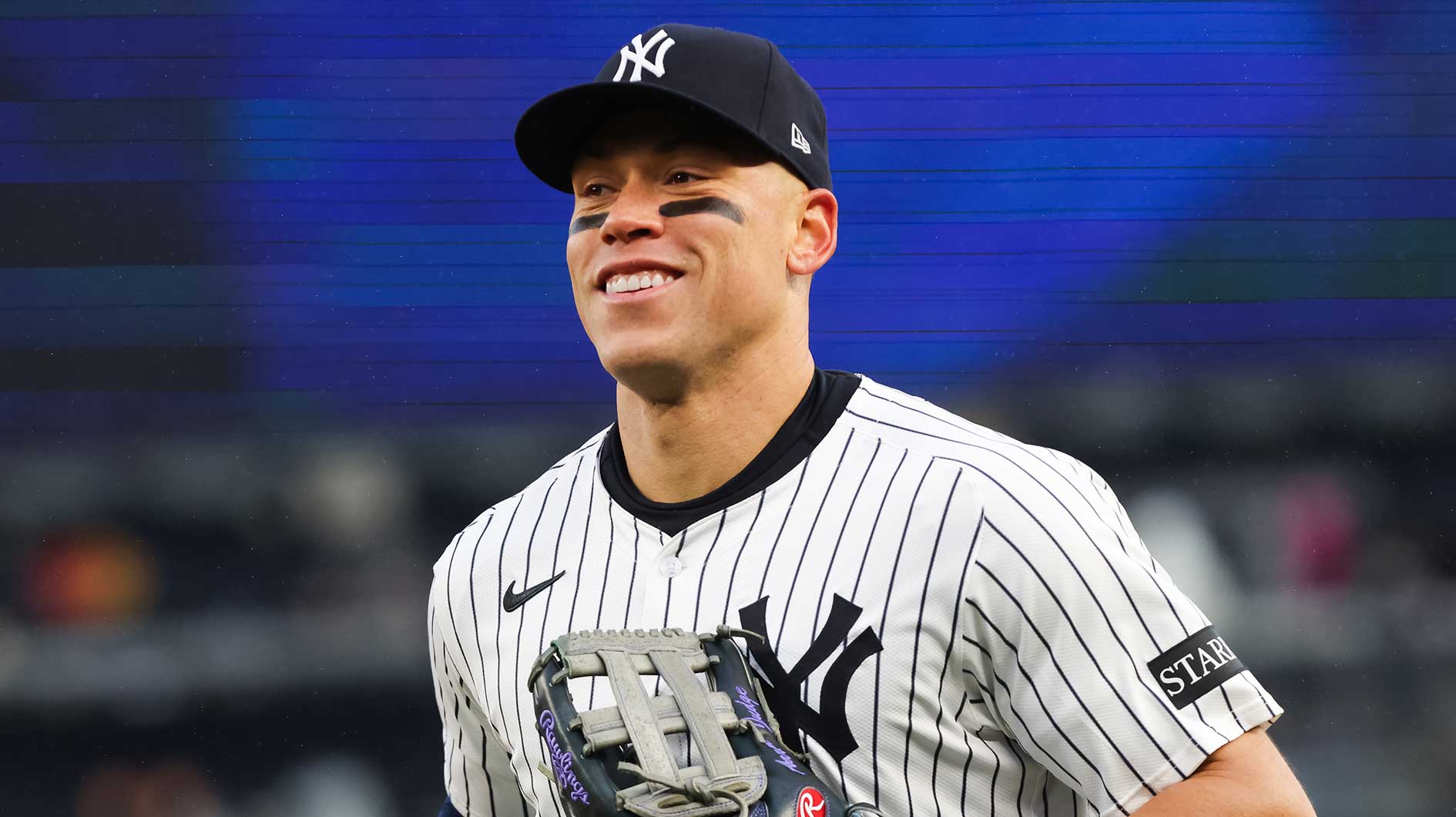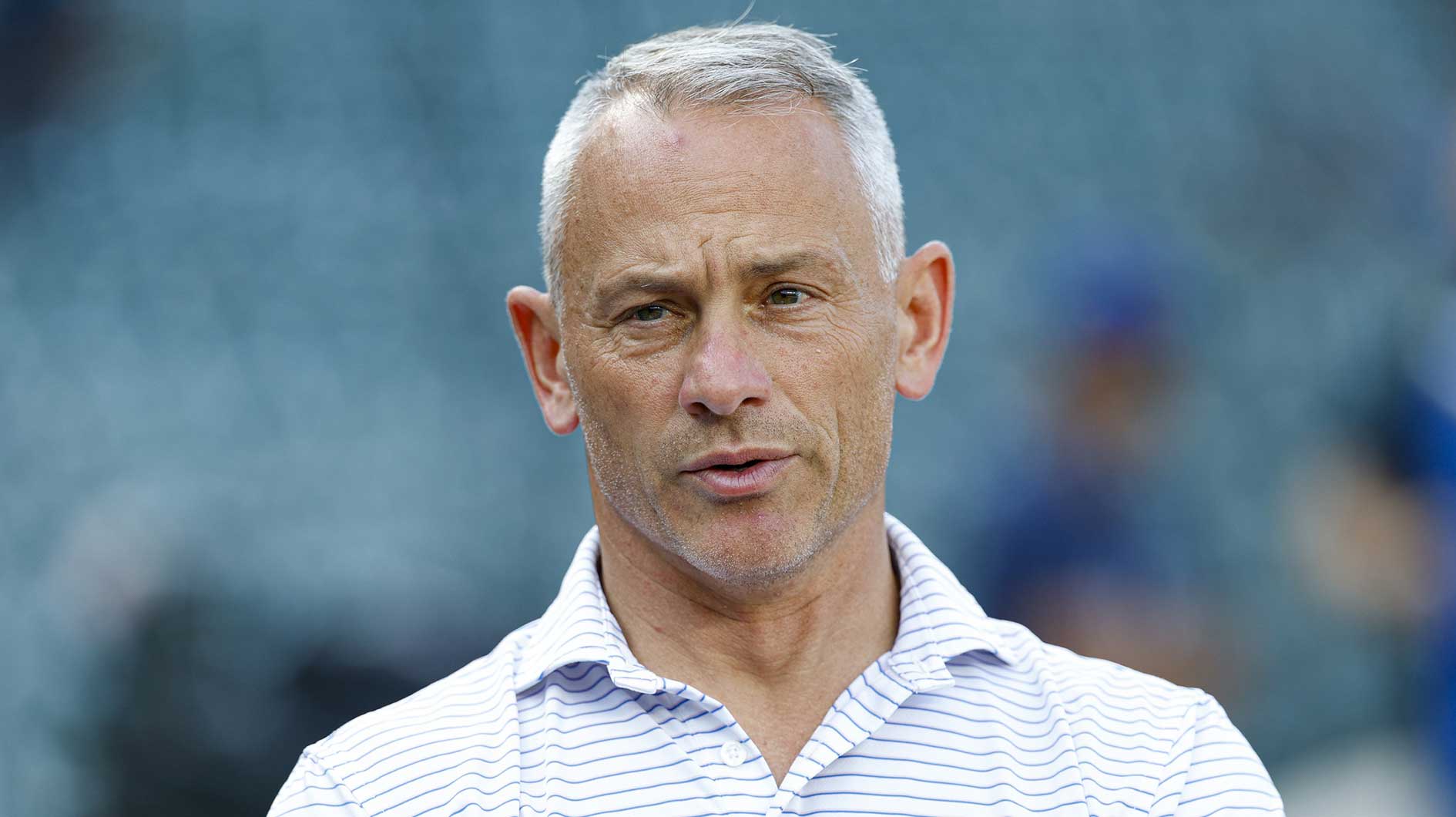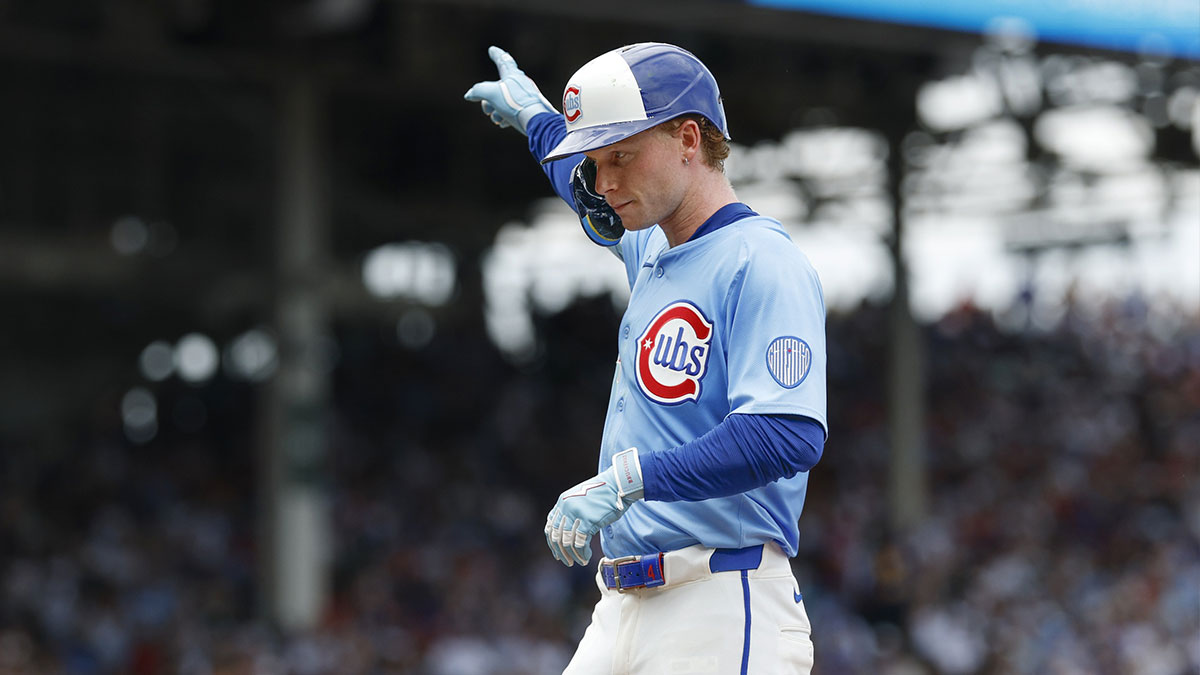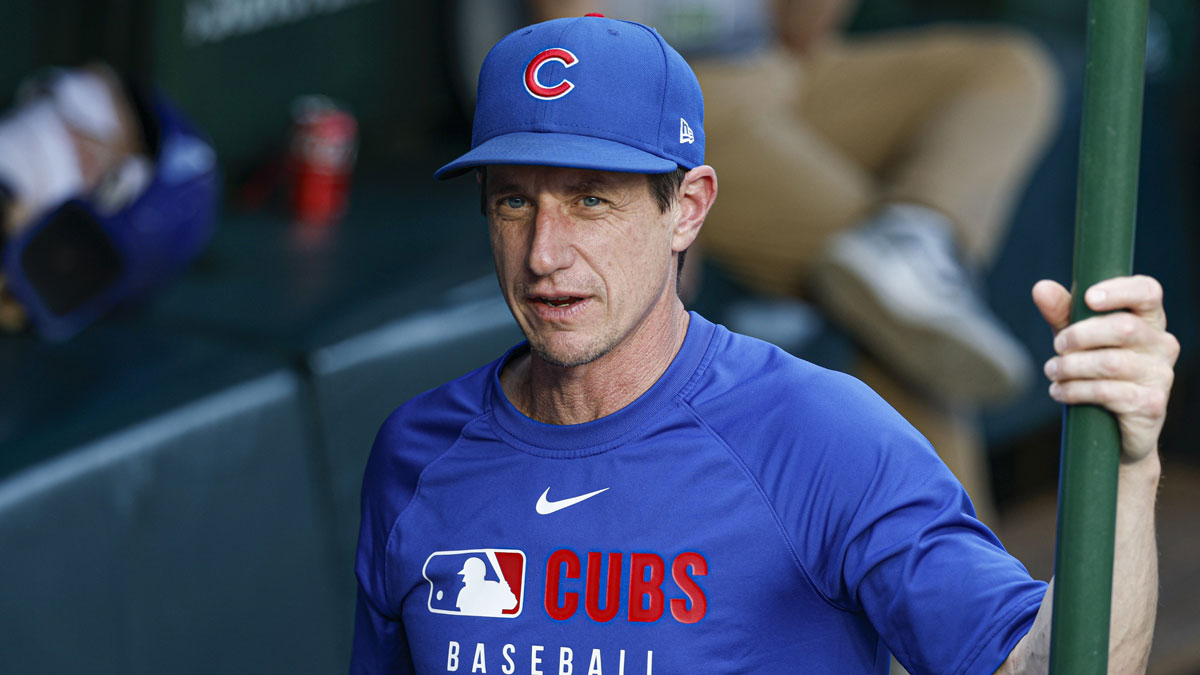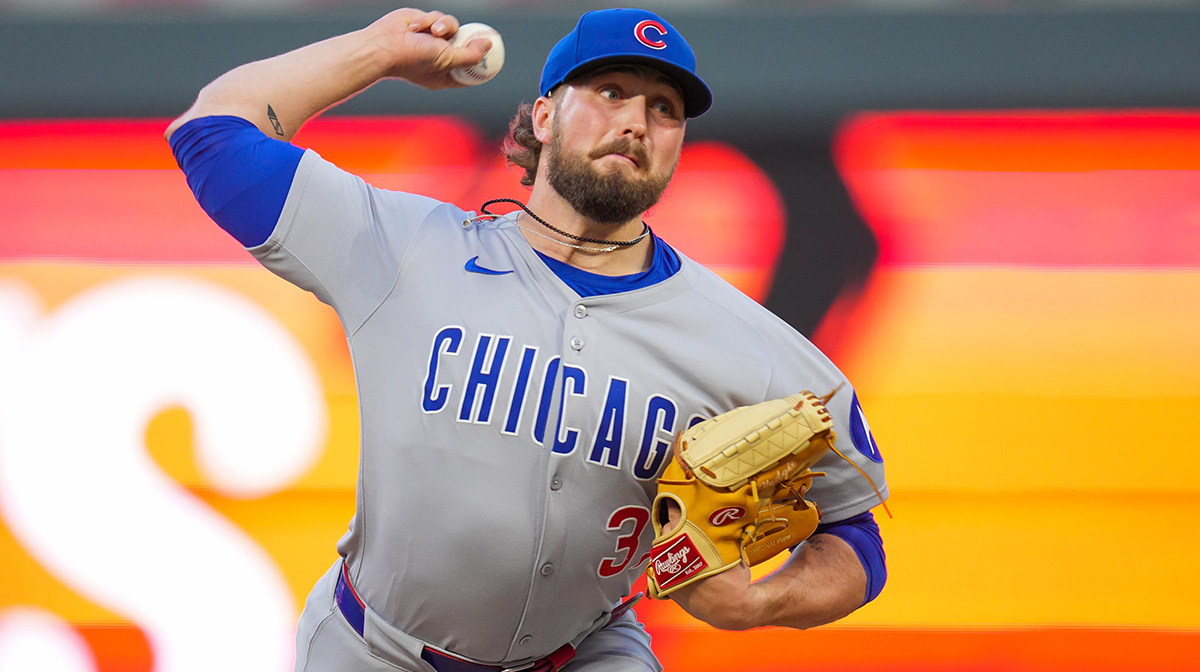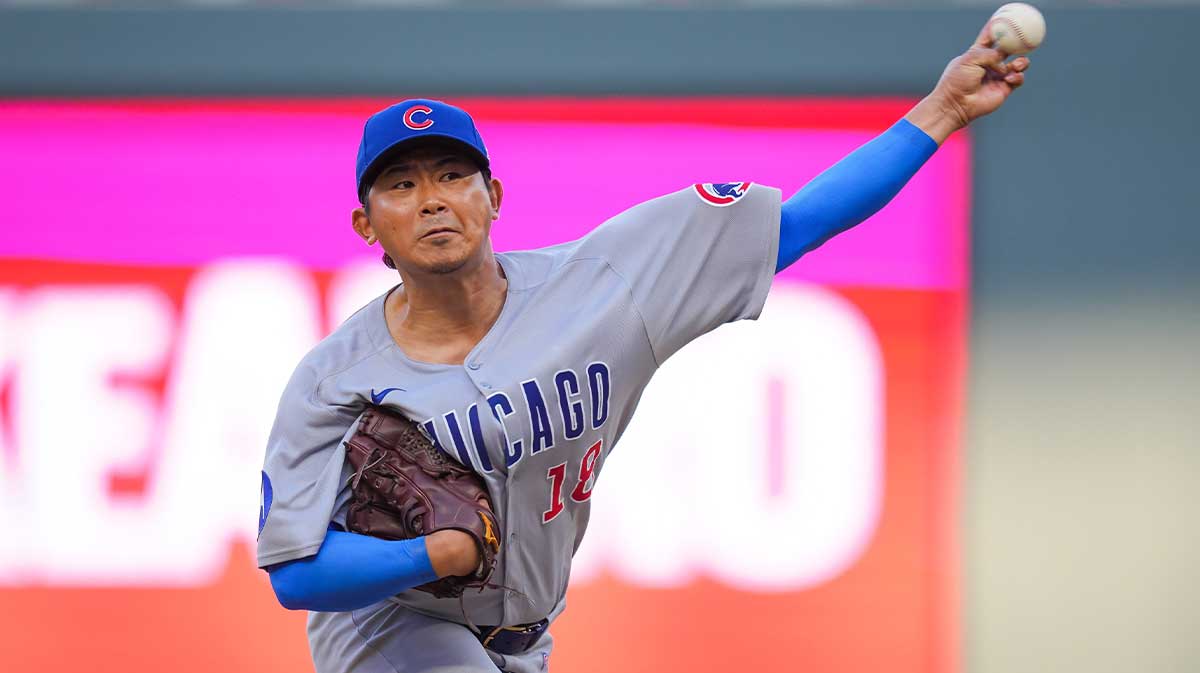Acting as a depth move for the playoff push, the Chicago Cubs acquired pitcher Derek Holland from the San Francisco Giants for cash considerations. Hopefully acting as a move that starts the process for the trade deadline to ramp up, the Cubs made a deal to shore up their pitching ranks while the Giants started the process of potentially settling on selling at this year’s deadline.
For Holland, he can work as a starter for the Cubs at the back of their starting rotation, or he can slot into their bullpen to be their long relief guy, as teams never have enough arms to make up big gaps in a game. While his stats are not overly dominant, the 32-year-old is a solid arm that takes the place that was made open by the earlier deal that sent left-hander Mike Montgomery to the Kansas City Royals.
Pitching for the Giants this season, Holland earned two wins against four losses in 33 appearances, pitching to a 5.90 ERA across 68.2 innings. While mostly used out of the bullpen, Holland has an experienced pedigree, having pitched for the Texas Rangers and Chicago White Sox before going to the Giants.
This was a simple, under the radar move made by general manager Jed Hoyer and his front office, made simply to add depth, conserve assets and fill a need. While Holland is due a bit over $2.3 million of his $6.5 million yearly salary, the Cubs still do have a bit of financial flexibility.
Holland also holds a 2020 club option, which also comes in at $6.5 million but can rise as far up as $8.5 million due to escalators that focus on the number of games started. In all expected events, Holland will not be on the Cubs next season, as that amount of money for a pitcher on the wrong side of 30 who does not have a clearly-defined club role is not a piece that clearly fits into the Cubs’ long-term and financial plans.
Other players, like Madison Bumgarner, Will Smith, Tony Watson, and Joe Panik, may be joining Holland in changing teams before the trade deadline passes this season, as the Giants have a decision to buy, sell or stay put due to their close proximity to the Wild Card standings. Packed in like sardines this season, the National League has a lot of teams close to contention, which is muddying up the trade market and driving prices sky high, leading to the current inactivity.

